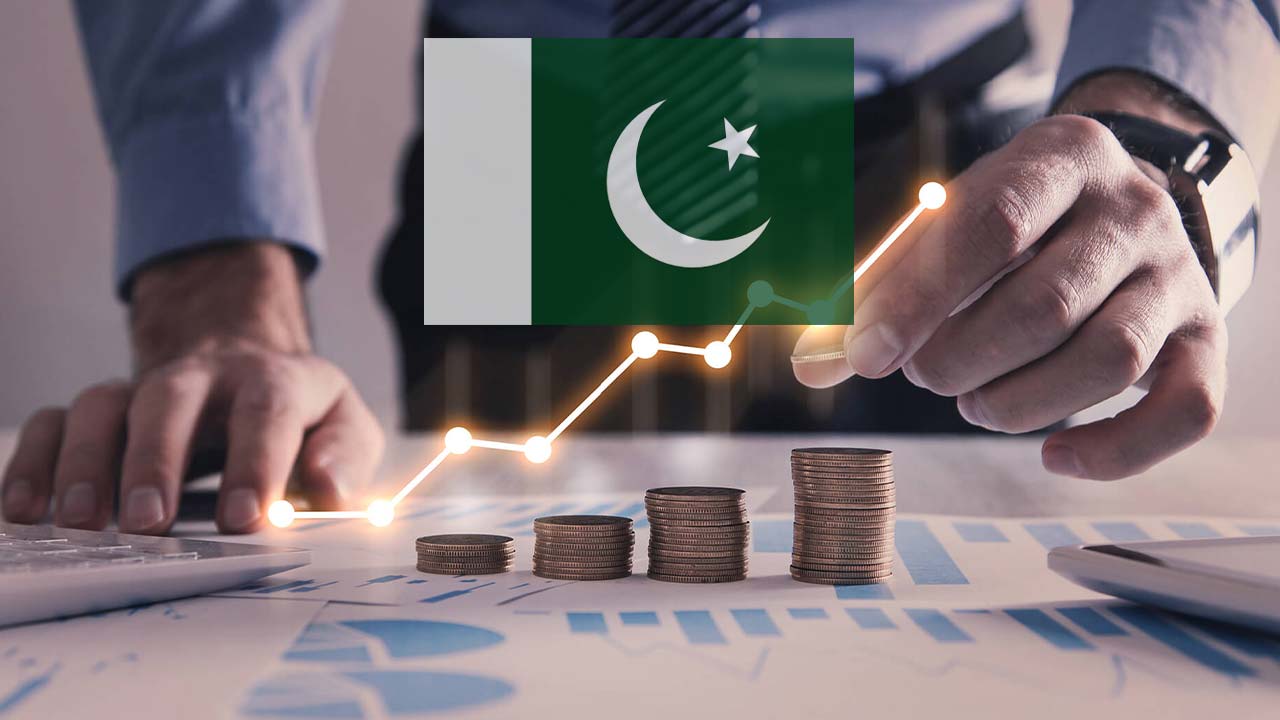Pakistan’s historic high in petrol price and International Monetary Fund’s delay in sending loan is pushing the country’s economy into a “tailspin,” Islam Khabar reported.
The International Monetary Fund (IMF) mission, led by Nathan Porter, began talks on January 31 with the Pakistan government represented by Finance Minister Ishaq Dar for the ninth review of the assistance package. However, no deal has been announced so far.
On Wednesday, Pakistan hiked up the prices of petrol to Pakistani Rupees (Rs) 272 per litre and gas in a bid to appease the IMF for unlocking the critical loan tranche, reported Geo News. The price of high-speed diesel has been increased to ₹280 per litre after a hike of ₹17.20. Kerosene oil will now be available at ₹202.73 per litre following a ₹12.90 hike. Meanwhile, light diesel oil will be available at Rs196.68 per litre after an increase of ₹9.68.
Through the “mini-budget”, the Pakistan Democratic Movement (PDM)-led federal government aimed to reduce the budget deficit and broaden its tax collection net. As per the mini budget, sales tax on general items has been increased to 18 percent from 17 percent. The minimum price on cigarettes: No brand shall be priced and sold at a retail price (excluding sales tax) lower than 60 percent (previously 45 percent) of the retail price. The rate of Kerosene oil has been enhanced by ₹12.90 to ₹202.73 per litre from ₹189.83.
Here are 10 points you need to know:
As per the budget, Federal excise duty on air travel including club, business, and first-class has been increased to 20 percent of the airfare or PkR50,000/ticket.
The federal excise duty on sugary drinks was also introduced at 10 percent of the retail price.
The inflation in Pakistan is at 33 per cent, which has witnessed a rise from 19.7 per cent in March 2022, with daily necessities like wheat flour going beyond the reach of the middle class, according to Islam Khabar’s report.
Tea has become expensive with a shortage as the country does not have the necessary foreign exchange to secure the release of shipments awaiting clearance at the Karachi harbour for the past three months.
Pakistan has continued to import used cars worth billions. Prime Minister Shehbaz Sharif has cancelled imports as that would anger the privileged classes who have scuttled the reforms that the IMF and friendly nations have raised the demand for, as per Islam Khabar’s report.
As foreign exchange reserves decline to below USD 3 billion due to dwindling official foreign inflows. However, the dire situation has not stopped profligacy in Pakistan, as per the news report.
Earlier on 14 February, Fitch had downgraded the country’s long-term foreign currency issuer default rating (IDR) to ‘CCC-’ from ‘CCC ’, citing further worsening in liquidity and policy risks. The downgrade reflected a sharp deterioration in external liquidity and funding conditions, along with decline of foreign exchange (FX) reserves to “critically low levels,” Fitch said.
Meanwhile, the IMF, Saudi Arabia and the United Arab Emirates have been interfering in Pakistan’s polity. They have been calling for structural reforms in the economy when the people are suffering at the delay in the release of the IMF’s tranche, as per Geo News report.
Pakistan and the IMF have failed to reach a staff-level agreement on a much-needed $ 1.1. billion bailout aimed at preventing the country from going bankrupt.
However, a senior economist with Moody’s Analytics had told Reuters that Inflation in Pakistan could average 33 percent in the first half of 2023 before trending lower, and a bailout from the International Monetary Fund alone is unlikely to put the economy back on track. “Our view is that an IMF bailout alone isn’t going to be enough to get the economy back on track. What the economy really needs is persistent and sound economic management,” senior economist Katrina Ell had said in an interview.
Pakistan’s reserves have fallen below $3 billion and the country is feared to default on its external liabilities unless the IMF unlocks its funds for it. The availability of IMF money will avoid the default but it is feared to bring a tsunami of price hikes. Pakistan inked a $6 billion IMF programme in 2019, which last year expanded to $7 billion. Pakistan is in its 13th bailout from the IMF since the late 1980s

